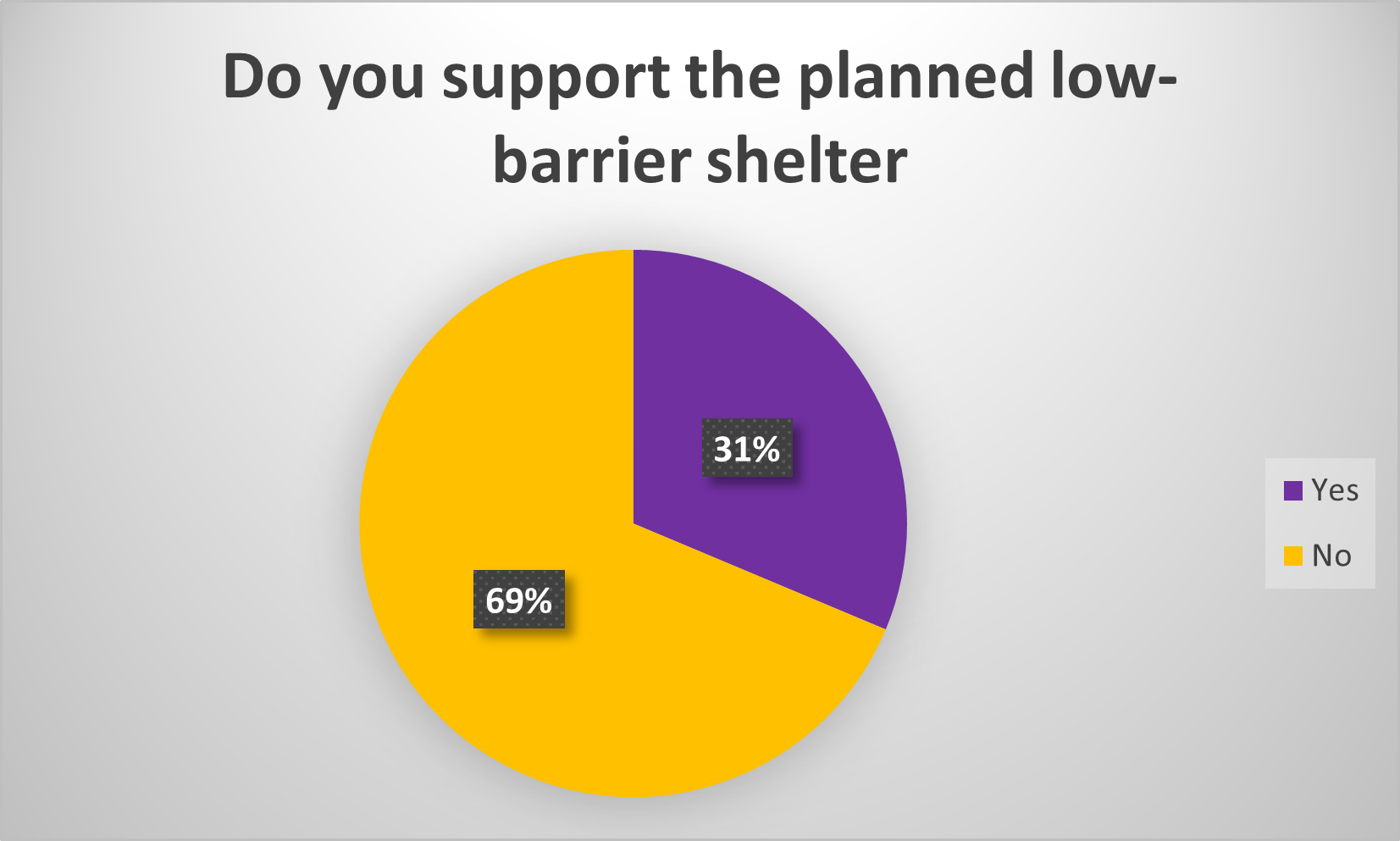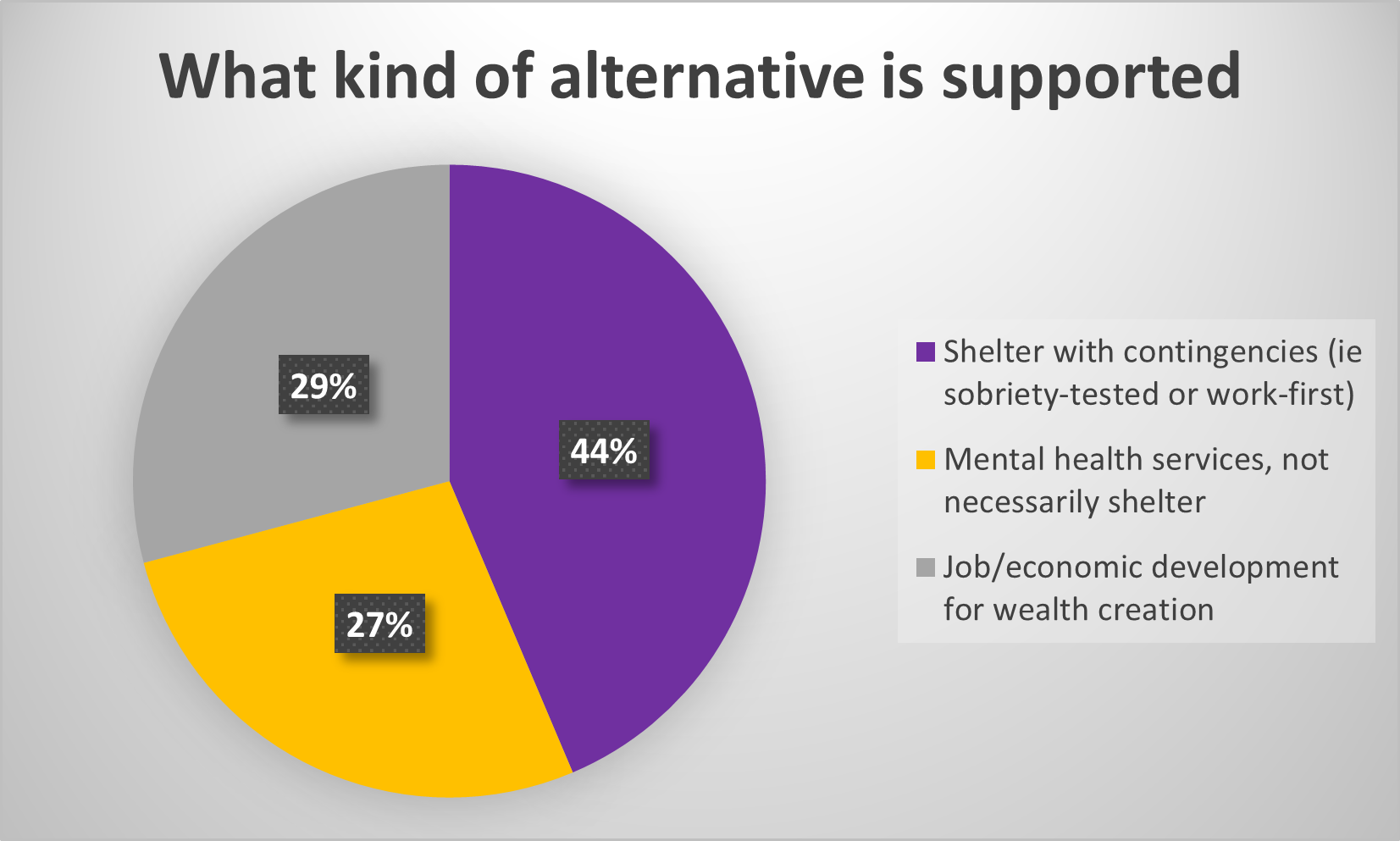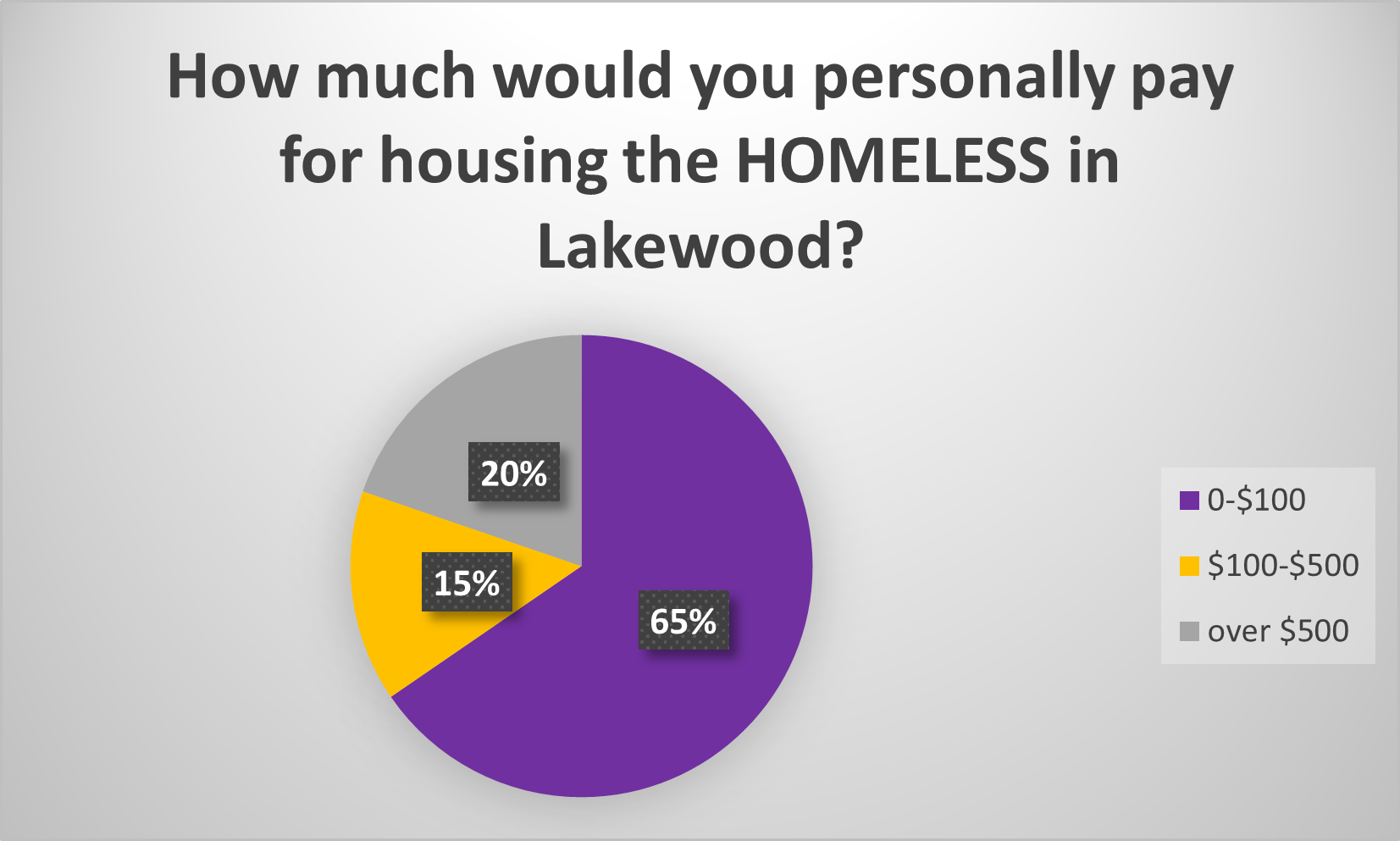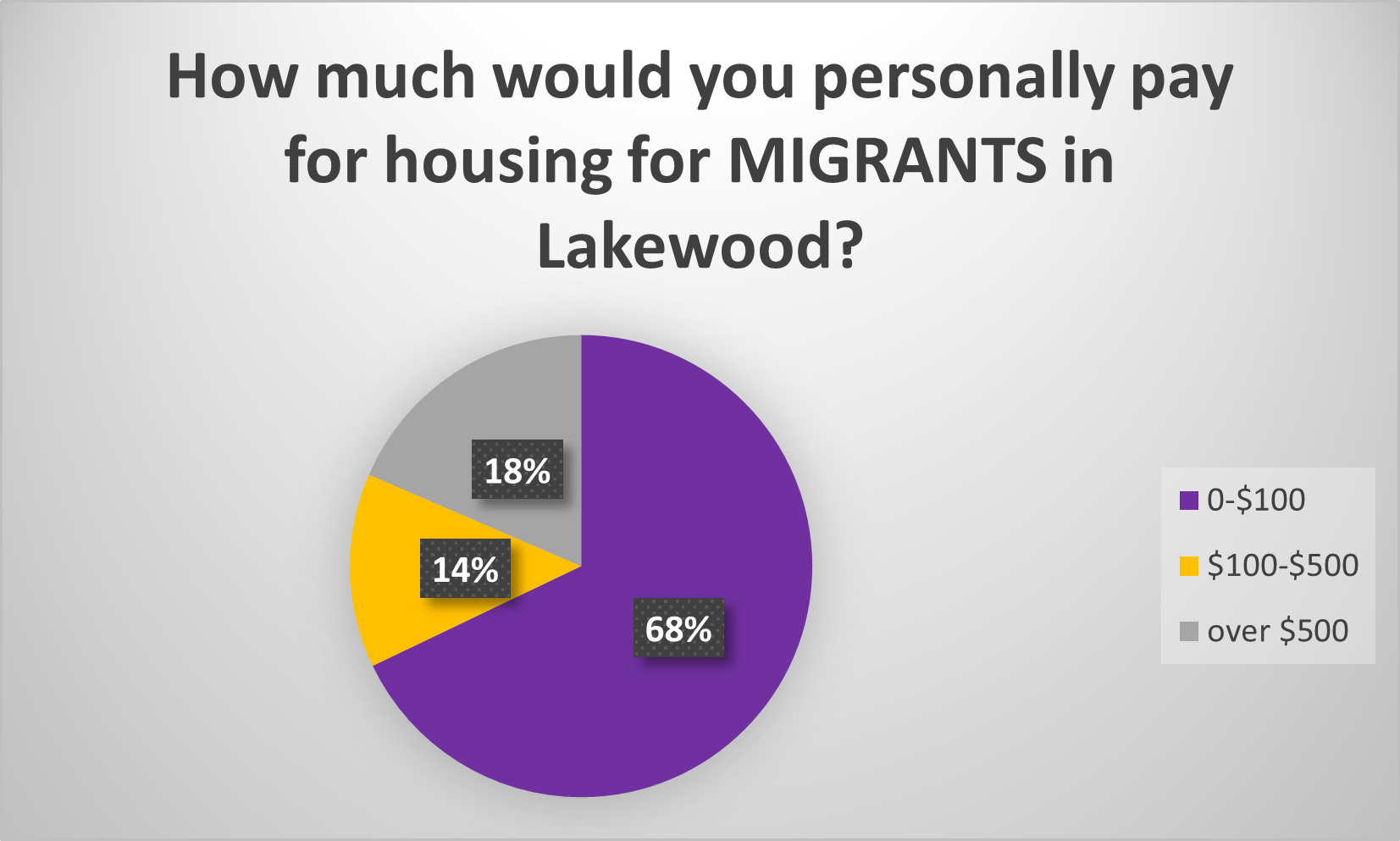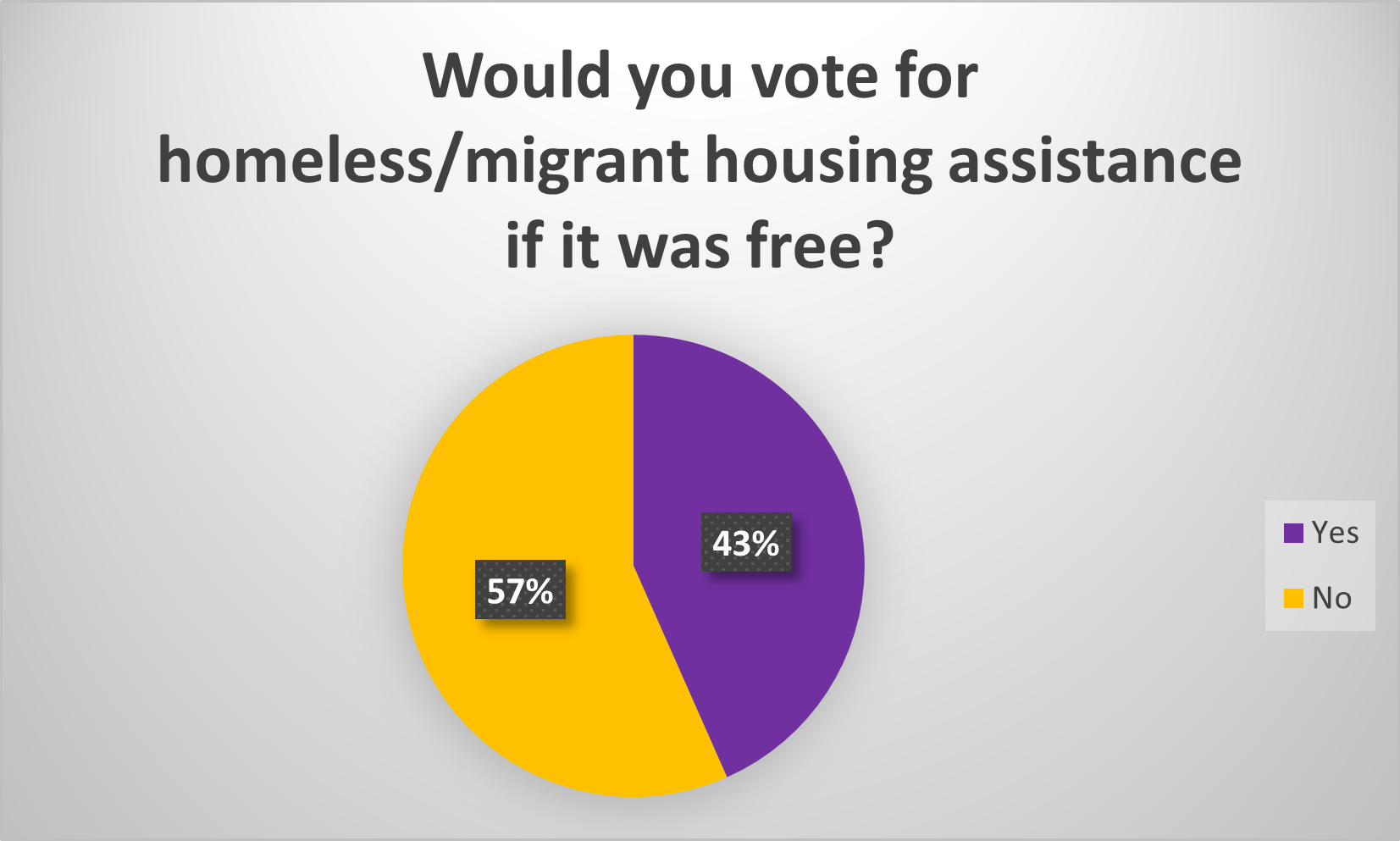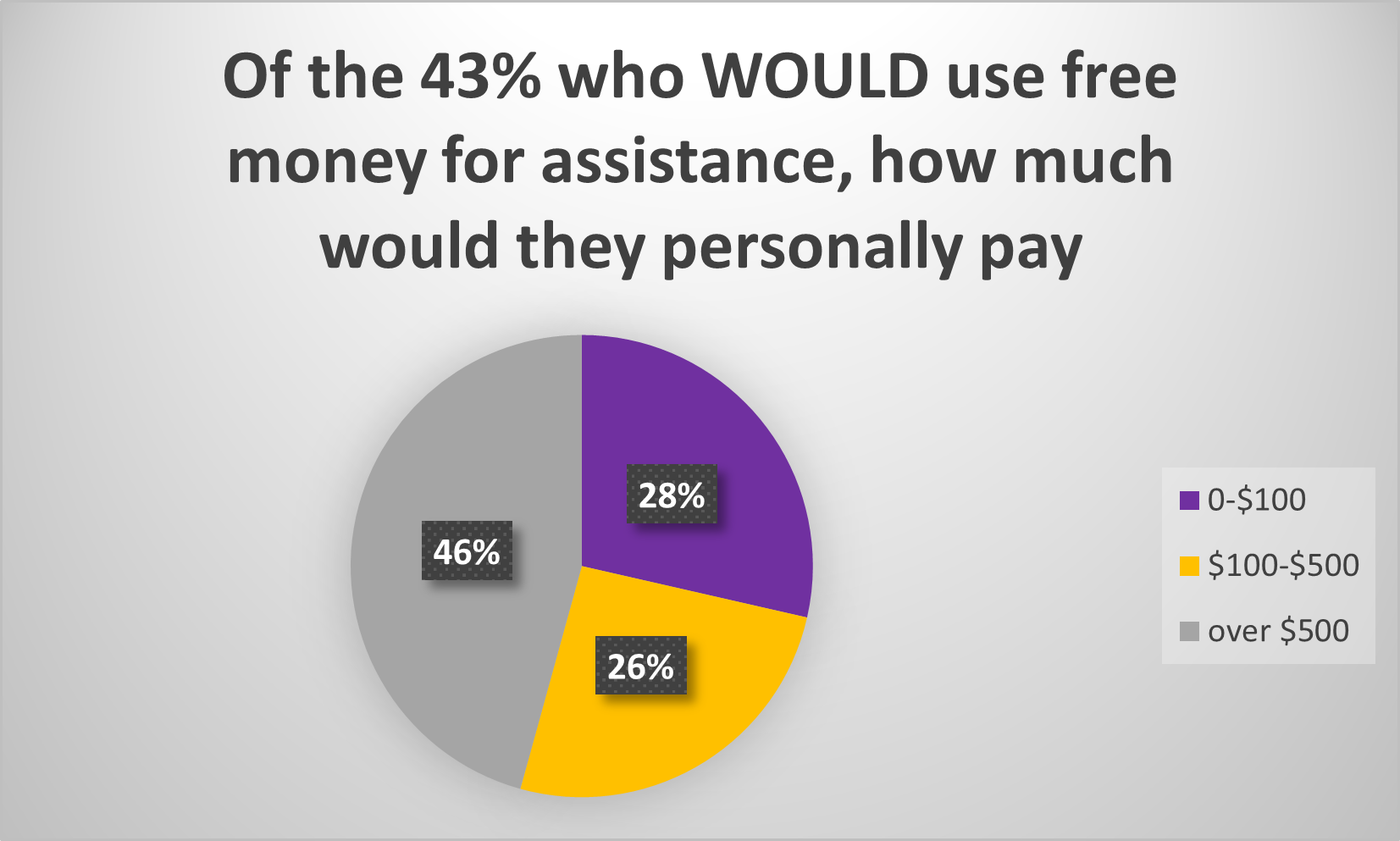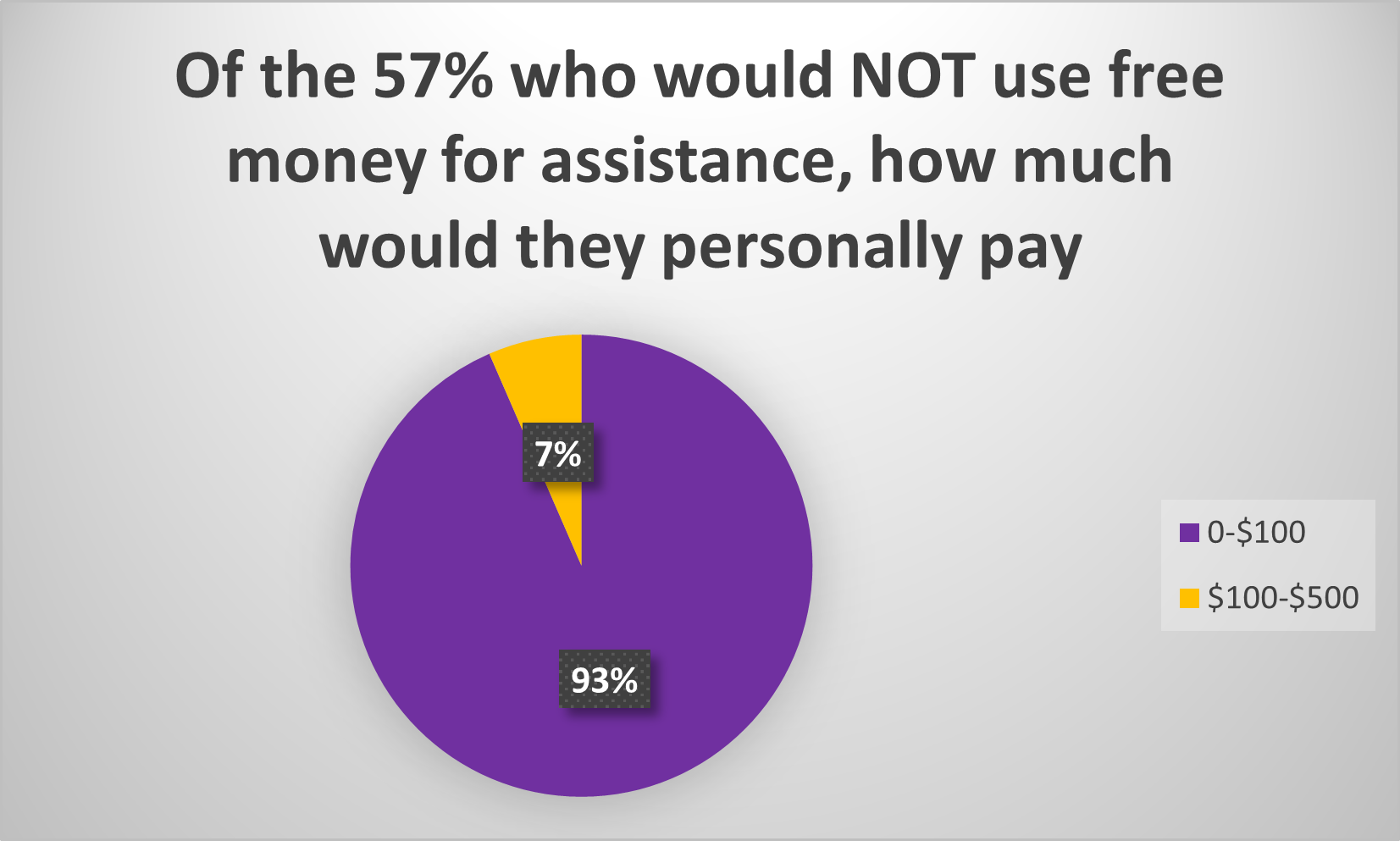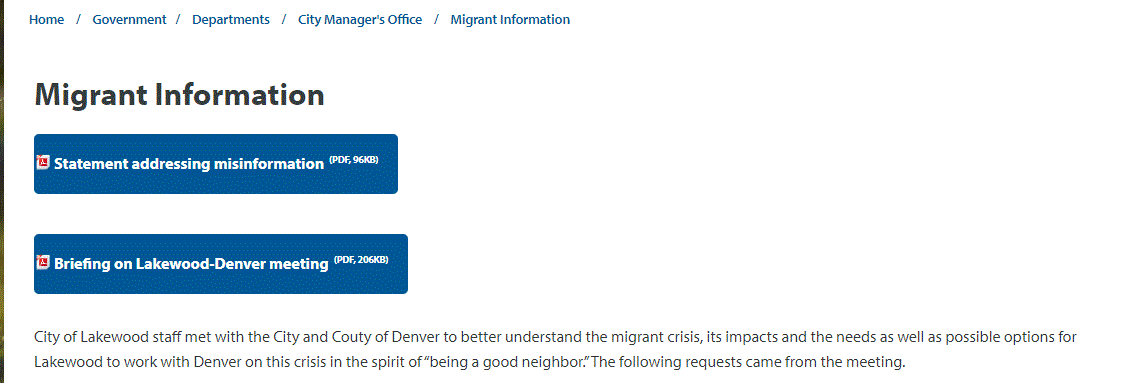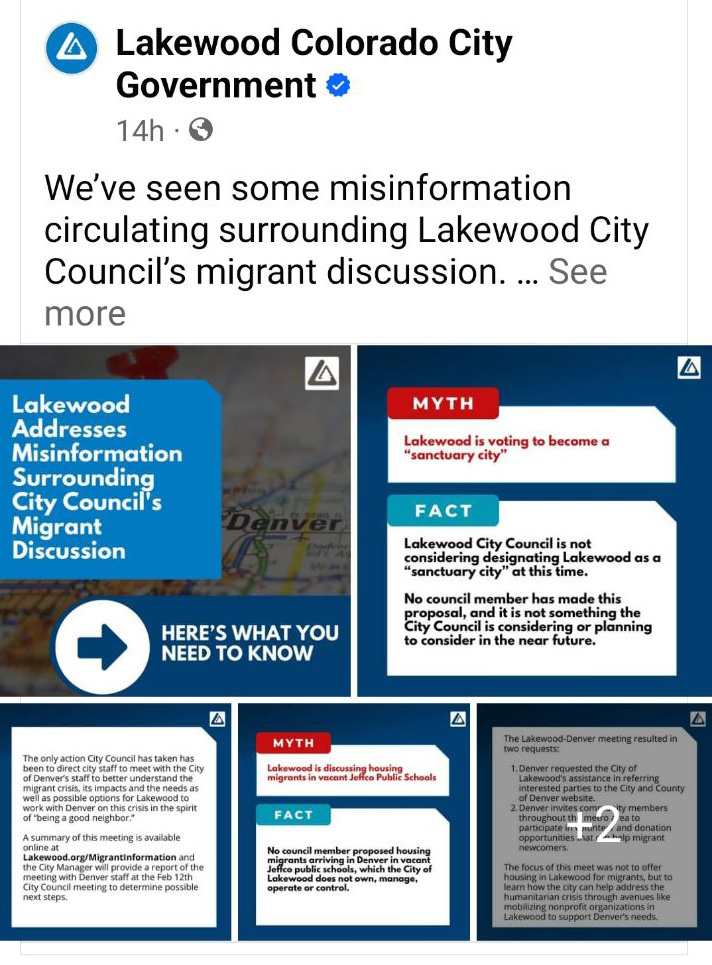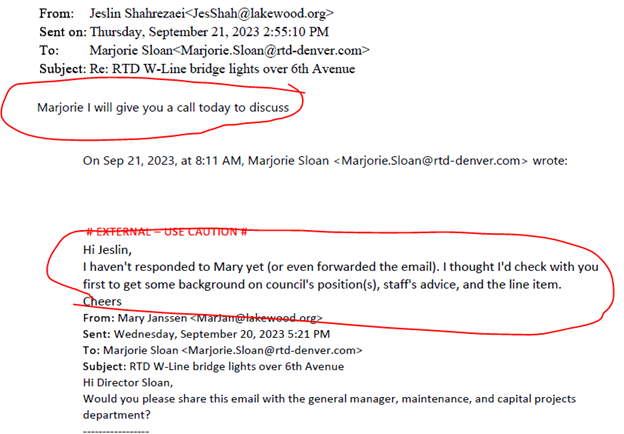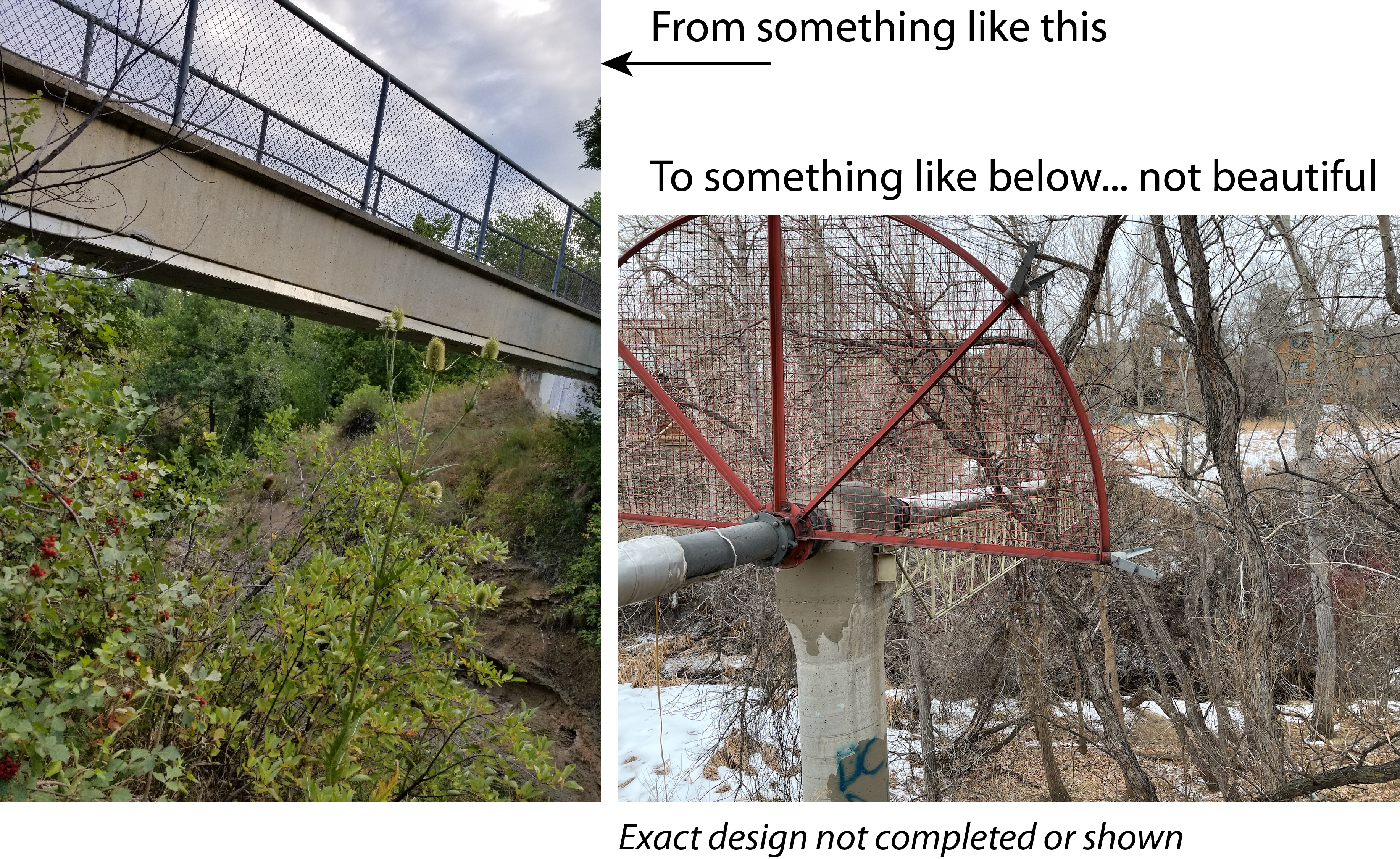Recent park land dedication discussions show that the policy is used for more than just adding parks for new residents. The policy could be used to extract fees from developers for other park services. The policy could also be used as a tool for preferential development. Or the policy can determine whether the city increases the number of parks or level of services. The review for this policy is overdue, but thanks to a motion from Council Member David Rein, it may be discussed soon.
The new development at 777 S Yarrow St did not require any land dedicated for parks for the new residents. The land dedication would have been of particular public interest since it is near Belmar Park. Instead of land, the city accepted a fee that will be used for undisclosed park services. The fee was set in 2018 so it may seem low in todays market. This so-called “fee-in-lieu” of park land dedication is the policy under discussion.
See more at savebelmarpark.com, including how this property does not pay taxes on full acreage
Paying a fee in lieu of dedicating land was made possible in a time of slow growth for Lakewood, when Lakewood officials decided there was enough park land. That is no longer the case but developers are accustomed to being able to pay a fee in order to maximize their land development. This pushes new residents into existing parks, putting strain on those resources. Ironically, fees collected today are supposedly going to buy parkland.
During periods of slow-growth, cities try to incentivize growth by setting fees that are more palatable to developers who want to maximize the small, in-fill projects that occur after the initial urban sprawl. The next phase, the one that Lakewood is currently in, is where the city returns to high-growth, except this time the growth is high-density. Dense growth still requires the same amount of park land, including parks close to home. This is especially true of dog parks for apartment residents.
Does the city repeal fee-in-lieu of land that was meant for slow-growth times of incentivizing development? Not usually, as shown in this article of park policy over time.
Discussions have not evolved to making land dedication easier for high-density developments. The fear is that returning to land dedication would slow development. However, land dedication may be the only way to serve neighborhoods. As Council Member Mayott-Guerrero points out, the city has had problems purchasing land in high-density areas.
Neighborhood Parks versus Other Parks
The problem is partially of public perception. Providing open-space for a new development has historically included a neighborhood park within the development. That way of thinking also aligns with the modern-day vision of a 15-minute city, with everything in walking distance. Clearly neighborhood parks are still highly desired but that is no longer being considered for high-density growth, as the public would define park space.
High-density growth packs more people into less space, meaning there is less space for parks as well. “Open space” does mean green space or park space. In fact, “open space” requirements can be fulfilled by garbage dumpster areas, or in a pinch, access to the roof.
And when was the last time parking was expanded for regional parks like Hayden Park on Green Mountain?
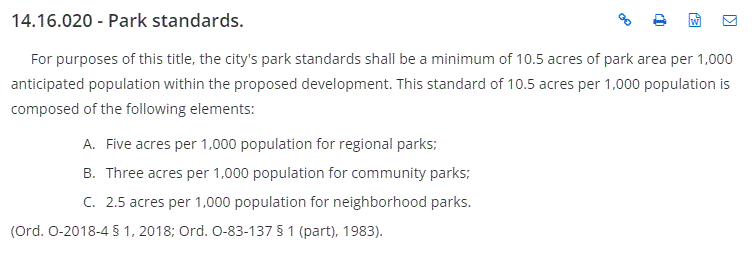
Taking
Park land dedication is intended to provide park services to the new residents of the development. Courts have upheld passing these costs through developers to new residents. This is different than if a city would demand land or fees to pay for unrelated costs or services, which would constitute a “taking”.
A taking is “is when the government seizes private property for public use.” For example, when former Mayor Paul stated that he wanted to use the fee in lieu of land for equity, to look at parks in other neighborhoods, there is no longer a direct link to services for the new residents and could constitute a taking. (see more about the Westword article at savebelmarpark.com)
“Realizing that there’s a lot of other parts of our city that don’t have a lot of parkland, especially in some of our lower-income areas, it was really an equity thing for me,” Paul says.
Excerpt from the Westword
However, it gets tricky. It is only taking if the city admits they are using the fee for other residents or the developer can prove intent. It is not taking if the city says the policy is to use fees to increase parks in some other space for new residents to drive to. Lakewood’s official policy is that dedications “shall be reasonably related to the needs of the residents of the proposed development.”
Development Tool
Council Member Jacob LeBure pointed out that past park dedication policies involved leveraging the policy to control or incentivize development.
For example, if Lakewood enforced the policy of neighborhood parks, the Yarrow Street project would have required 3 acres of land dedicated to parks. Enforcing land dedication might cause this development to stop.
Councilor Mayott-Guerrero says these fees are “barriers and leverages for how to better encourage affordable housing.” For that reason, she encourages the park discussion to be part of the Strategic Housing Plan.
Is the Government Providing Parks or Controlling Housing?
The question is, is this policy about providing parks for new residents or affordable housing.
History shows that when government officials try to leverage their power for outside purposes, they may be outclassed. As pointed out by parks expert Dr. John L Crompton, “Developers frequently are represented by specialist lawyers and consultants whose expertise typically far exceeds that of local city planners, so taxpayers are disadvantaged.”
As LeBure says, evaluating different developments is a cumbersome process and you don’t always get the outcome you want.
If City Council’s priority is to enable housing development, they would necessarily have to sacrifice some neighborhood open space and endure the fall out of the new residents asking for more parks.
Council Member Rein explains his motion is actually simpler than all this. He would like to listen to staff suggestions, not discuss or make Council decisions, which will come later.
